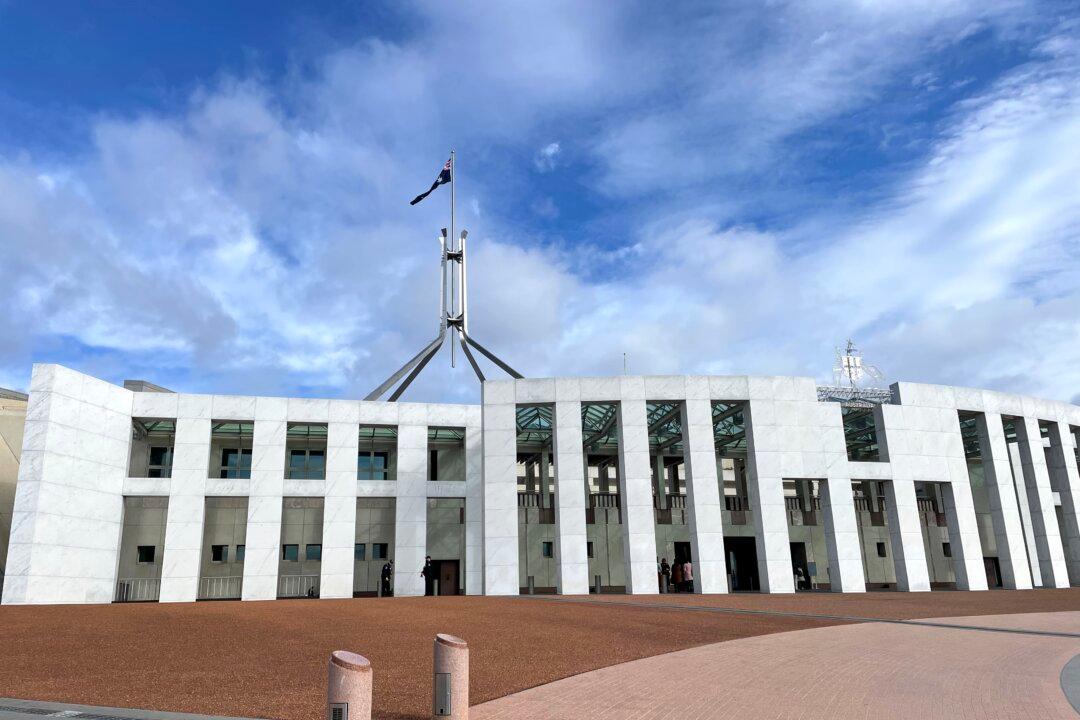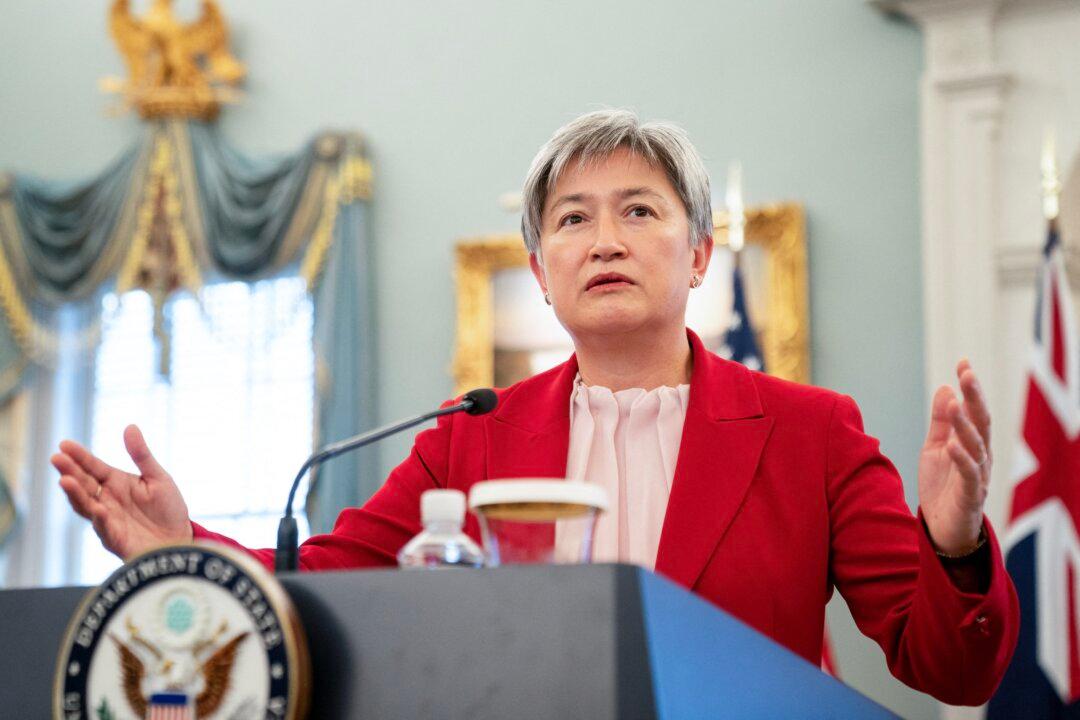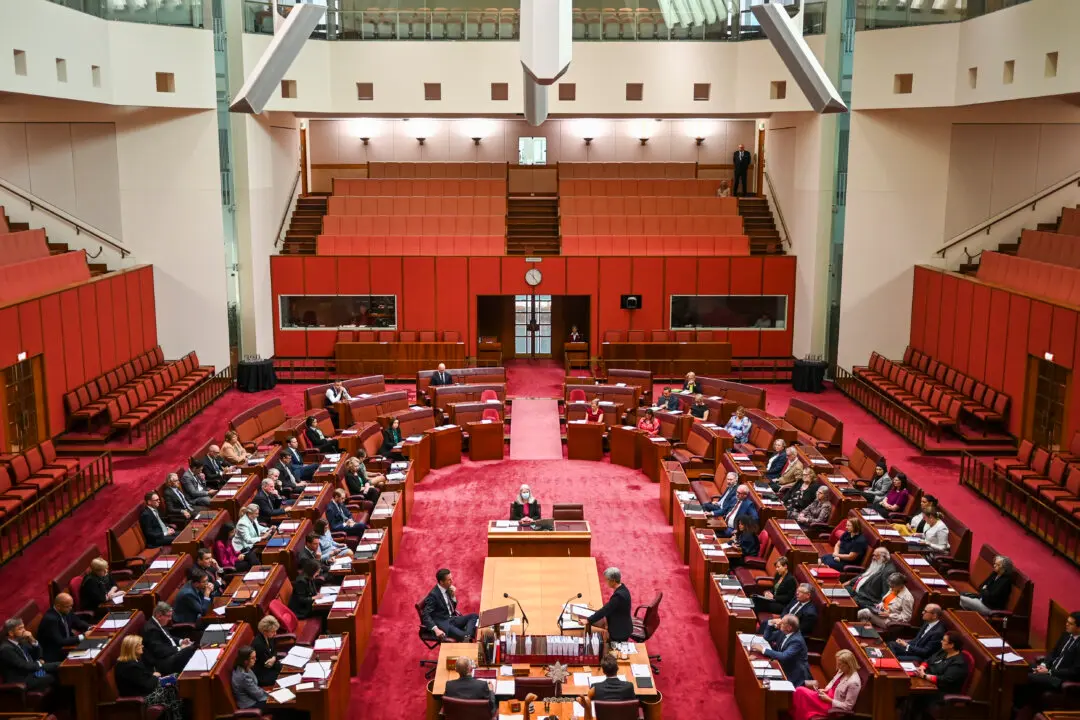The Liberal and National parties will not be renewing their formal alliance as the Coalition, which together form the largest centre-right political bloc against Labor.
Nationals leader David Littleproud made the announcement on May 20, as both parties continue to dig through the fallout of the major May 3 election loss. Traditionally, both parties have to renew their alliance after every election.





